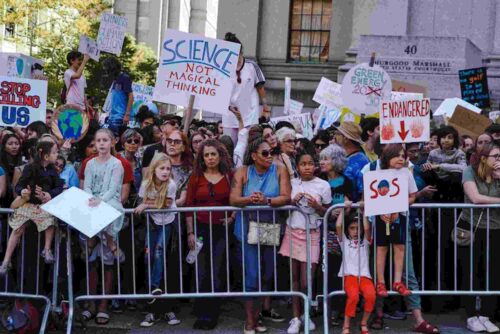
Climate Change Civil Society
The Climate Paradox of Having a Dog.Grist.
• News
Explore Planetary Health
Browse or search our curated collection of research articles, tools, videos, and other Planetary Health resources. Featuring approximately 2,000 research articles and additional tools spanning a variety of thematic areas, our library has information on Planetary Health for every audience — whether you’re exploring the field for the first time, an educator hoping to engage Planetary Health in your classroom, a seasoned scientific researcher, or someone looking to making a difference in your community and in the world. New resources are added every month.
Contact us to suggest items to add to our library and sign up for our newsletter to receive updates on the latest additions.
All Resources
Climate Change Civil Society
• News
Climate Change Communications
From global walkouts and strikes to protests and boycotts, youth climate activists are showing how collective action can drive real change by organizing and mobilizing thousands around bold campaigns. At the same time, health professionals are bringing their expertise and trusted voices to the fight. Listen to the podcast to explore we can bring these groups together to amplify impact and tackle the complex challenges of climate change.
• Podcasts
Climate Change Economics and Economic Systems
• Research & Reports
Climate Change Governance and Policy
• News
Noncommunicable Diseases Biodiversity Loss
Animal scientists are developing surveillance and management methods for chronic diseases in animals, bridging the gaps between veterinary science, ecology and public health.
• News



